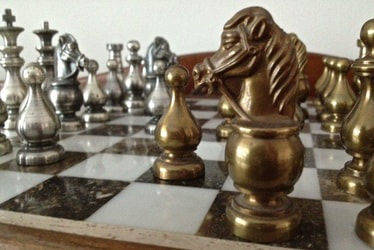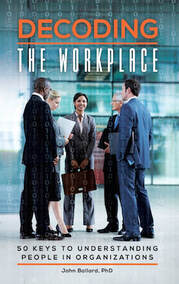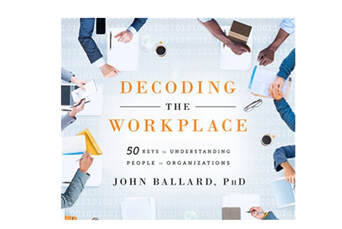
In a Forbes post, David Burkus examined the often cited source, a 1993 article by K. Anders Ericsson and associates in Psychological Review. He points out that Ericsson is not talking about 10,000 hours of practice but rather 10,000 hours of “deliberate practice”, specific training activities, not work, not play. Burkus challenges managers to think about their 10,000 hours. Is it business as usual or deliberate activities to grow through news skills and methods?
Burkus’s post spurred me to read Ericsson, Krampe, and Tesch-Römer’s original article. Here are some highlights:
- The authors talk about 10 years of preparation in the article. This has been translated into the 10,000 hour rule.
- They credit the “10 year rule” to Hebert Simon and William Chase who in 1973 estimated the time required to attain exceptional performance in chess. Simon and Chase stated that no one had reached the grandmaster level “with less than about a decade’s intense preoccupation with the game”, and estimated a master had spent “10,000 to 50,000 hours staring at chess positions.” (p. 402)
- The 10 year rule draws support from music, tennis, swimming, long distance running.
- Ericsson et al. studied violinists and pianists.
- People often perform below their potential even on tasks they do frequently.
- Deliberate practice is highly structured, designed to overcome weaknesses, “not inherently enjoyable”, requires access to resources such as teachers, must not be done daily to the point of exhaustion, and performance must be carefully monitored to find ways to improve.
Their findings? Deliberate practice overall was positively correlated with performance, but not as strongly as might be expected from claims in the literature – “deliberate practice explained 12% of the variance in performance” (p. 1612). Deliberate practice accounted for different amounts of the variance in performance in different activities:
- Games (e.g., chess) – 26%
- Music – 21%
- Sports – 18%
- Education – 4%
- Professions – less than 1%
My take-away:
It is easy to see how the 10,000 hour or 10 year rule applies to elite performance in the arts. 10,000 hours of deliberate practice, as explained above, seems more difficult for leaders and managers to acquire. Practicing the violin is not the same as practicing leadership or practicing management. Where is the carefully monitored feedback, and so forth? 10,000 hours as a manager is not the same as 10,000 hours of deliberate practice.
But regardless, I find a fundamental truth here: We do not achieve higher levels of performance in most endeavors, including leadership and management, unless we are committed to learning and improving. Being a manager for over 10,000 hours does not necessarily mean that the manager has learned much. Only the person who actively seeks to elevate her or his game, to perform at an even higher level, to seek feedback, to self-monitor, to reflect on her or his own behaviors and observe how people respond, to study both success and failure – in short to deliberately grow – only this person can excel as a leader and manager.
Burkus, D. (September 25, 2013). Are you wasting your 10,000 hours? http://www.forbes.com/sites/davidburkus/2013/09/25/are-you-wasting-your-10000-hours/
Ericsson, K. A., Krampe, R. T. & Tesch-Römer, C. (1993). The role of deliberate practice in the acquisition of expert performance. Psychological Review, 100 (3) 363-406.
Gladwell, M. (2008). Outliers: The story of success. New York: Little, Brown and Company
Macnamara, B. N., Hambrick, D. Z., & Oswald, F. L. (2014). Deliberate practice and performance in music, games, sports, education, and professions: A meta-analysis. Psychological Science, 25(8), 1608-1618.
Simon, H. A., & Chase, W. G. Skill in chess: Experiments with chess-playing tasks and computer simulation of skilled performance throw light on some human perceptual and memory processes. American Scientist, 61 (4), 394-403.
Image, "The Wedding Gift". ©John Ballard, 2013.
Modified from my previous blogs on 9/25/2013 and 8/21/2014. © John Ballard, PhD, 2021. All rights reserved.
__________________________
Decoding the Workplace “Is this a must-have for managers and would-be managers? Yes.” Academy of Management Learning & Education, June, 2018. Available as ebook, hardback, paperback, audiobook, and audio CD. The best-selling audiobook, and CD, are narrated by Timothy Andrés Pabon.


 RSS Feed
RSS Feed